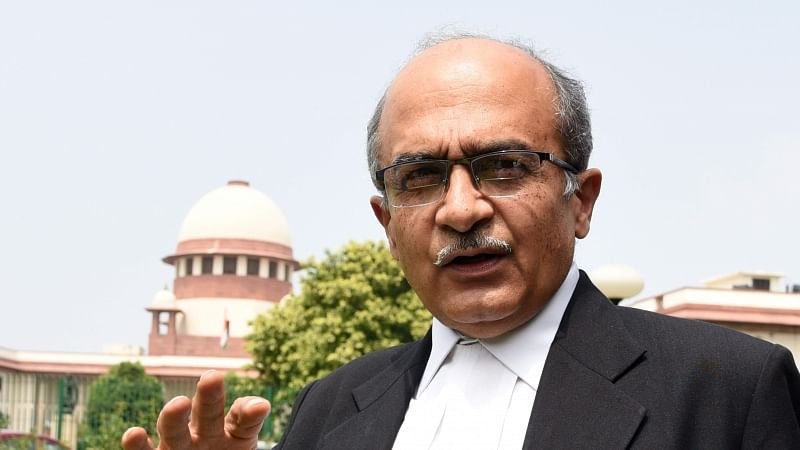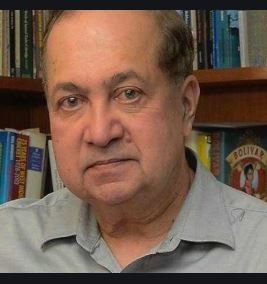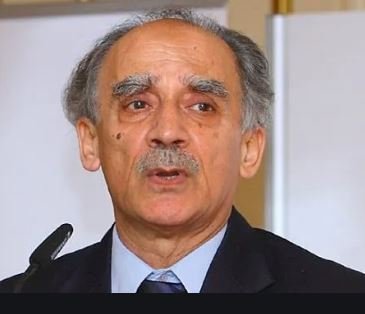The constitutionality of Section 2(c)(i) of the Contempt of Courts Act 1971, which deals with the offence of criminal contempt on the ground of “scandalizing the court or lowering the dignity of the court” has been challenged in the Supreme Court by N Ram, former editor and Managing Director of ‘The Hindu’, Arun Shourie, former Union Minister, and Advocate, Prashant Bhushan.



The writ petition has been filed through Advocate Kamini Jaiswal under Article 32 of the Constitution challenging the provisions being in violation of Article 19(1)(a) of the Constitution that covers the fundamental right to free speech and regard the allegations as vague and subjective and manifestly arbitrary.
“The impugned sub-section is unconstitutional as it is incompatible with preamble values and basic feature of the Constitution. It violates Article 19(1)(a), is unconstitutional and incurably vague, and is manifestly arbitrary”
Advocate Bhushan is said to have two criminal contempt proceedings before the Supreme Court. A bench led by Justice Arun Mishra shall be hearing the 11-year-old contempt case take against him over his comments in an interview given to ‘Tehelka’ magazine in 2009 against former Chief Justices of India on August 4. The SC had also taken another suo moto contempt case over two of his tweets about SC and CJI, which will be listed in August.
ALSO READ- 8 More Retired Judges Express Solidarity for Prashant Bhushan in Supreme Court Contempt Case
Meaning of Contempt
The provision expresses criminal contempt as the publication (whether by words, spoken or written, or by signs or by visible representations or otherwise) of any matter or the doing of any other act whatsoever, which – scandalizes or tends to scandalize, or lowers or tends to lower the authority of the court.
Arguments explaining Contempt
The petitioners raised the argument that the provision:
Fails the test of over-breadth
Abridges the right to free speech and expression in the absence of “real and tangible” harm
Creates a “chilling effect” on the free speech and expression
The petition states that “By criminalizing criticism of the court in sweeping and absolute terms, the impugned sub-section raises a prior restraint on speech on matters of public and political importance.”
Contentions were raised that as Article 19(2) of the Constitution permits reasonable restrictions on free speech, the offence of “scandalizing the court” cannot be considered to be covered under the category of “contempt of court.”
Further, the provision is “rooted in colonial assumption and objects”, which should have no place in a democracy and is highly subjective, going through different readings and applications greatly. Thus, Article 14 which demands equal treatment and non-arbitrariness standstill against the vagueness of the offence.
“For instance, in P N Dua vs P. Shiv Shankar , the respondent was not held guilty of scandalising the court despite referring to Supreme Court judges at a public function as “antisocial elements i.e. FERA violators, bride burners and a whole horde of reactionaries” on account of the fact that he was Law Minister. However, in D.C. Saxena vs Chief Justice of India, the respondent was held guilty of criminal contempt for alleging that a Chief Justice was corrupt and that an F.l.R. under the l.P.C. should be registered against him.”
PLEA
On the ground of “manifest arbitrariness” and on principles laid down in Shayara Bano (Triple Talaq case) and Navtej Johar (decriminalization of homosexuality) by the SC, the provision was questioned.
The petitioners had to face criminal contempt proceedings at various stages in their respective cases.
As N Ram over a publication of court proceedings in Kollam Liquor tragedy case faced a criminal contempt proceeding in Kerala High Court, which was closed afterward.
Similarly, over an editorial written about the functioning of Justice Kuldeep Singh Commission, Shourie had to face contempt proceedings. In 2014, the SC accepted the defence of truth raised by him (Subramanian Swamy v Arun Shourie (2014) 12 SCC 344) held that the publication did not amount to contempt.
The offense of scandalizing the judiciary as a form of contempt of court based on the UK Law Commission’s recommendation was abolished as the law was vague and not compatible with freedom of speech by the United Kingdom in 2013.

